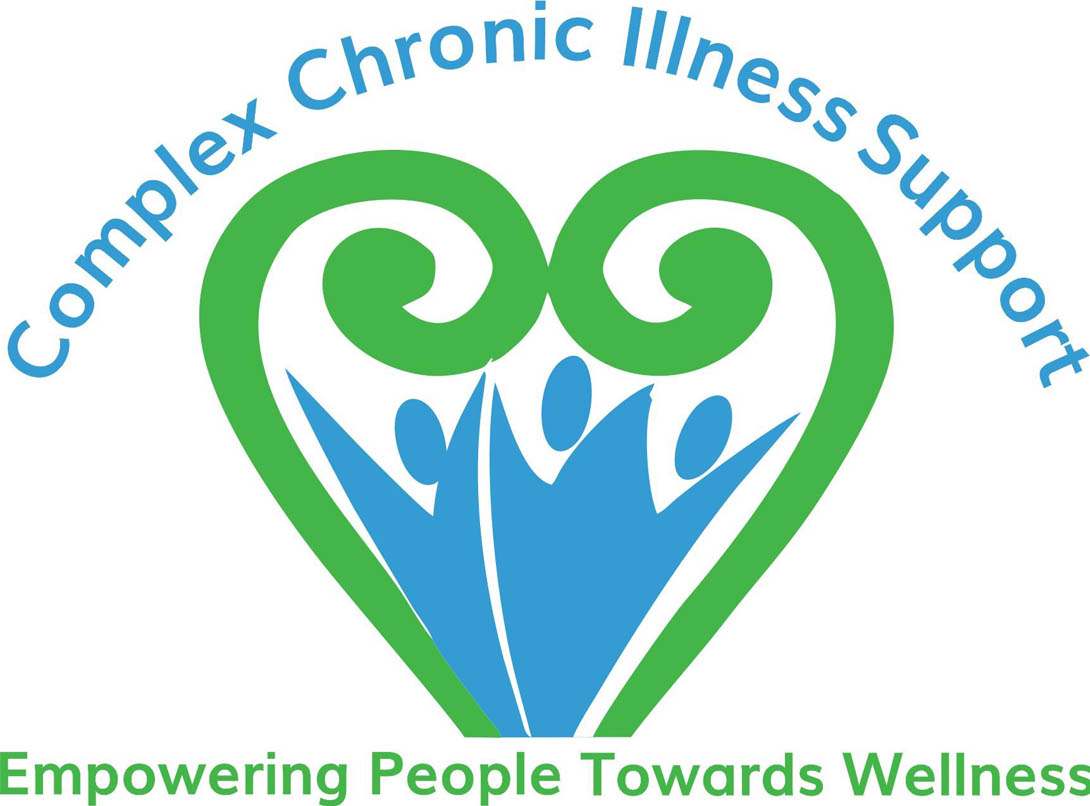Postural orthostatic tachycardia syndrome and other common autonomic disorders are not functional neurologic disorders
Over the past four years, the growing focus on Long COVID and postural orthostatic tachycardia syndrome (POTS) has exposed a common misconception linking autonomic disorders to functional neurologic disorder (FND). This narrative aims to clarify the distinctions between these conditions, ensuring accurate diagnosis and treatment.
- Distinct Diagnostic Criteria:
POTS and other autonomic disorders have objective diagnostic criteria, such as orthostatic intolerance and measurable changes in heart rate or blood pressure, requiring tools like tilt table tests. FND, by contrast, lacks vital sign parameters and is diagnosed based on clinical assessment of altered voluntary motor or sensory functions. - Comorbidities of POTS:
Studies indicate that FND is a rare comorbidity of POTS (1.9% prevalence), with conditions like migraine, small fiber neuropathy, and Ehlers-Danlos syndrome being more common. Further research is needed to explore any overlap between POTS and FND. - Autonomic Disorders vs. Autonomic Symptoms:
Autonomic symptoms associated with psychiatric disorders or FND should not be conflated with autonomic disorders like POTS. Autonomic disorders require objective diagnostic criteria, while autonomic symptoms in FND may not indicate a separate autonomic disorder. - Therapeutic and Pathophysiological Differences:
POTS treatments target underlying mechanisms, including fluid/salt supplementation and medications, whereas FND treatment focuses on psychotherapy and physical therapy. Misdiagnosis can lead to inappropriate therapy, which may harm patients with comorbid conditions like ME/CFS or joint hypermobility.
Conclusion:
The diagnostic and therapeutic distinctions between POTS and FND are critical for accurate patient care. Misdiagnosis, particularly labeling autonomic disorders as “functional,” can hinder appropriate treatment and exacerbate patient suffering. Further studies are necessary to advance the understanding and management of these complex conditions.
